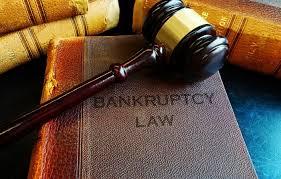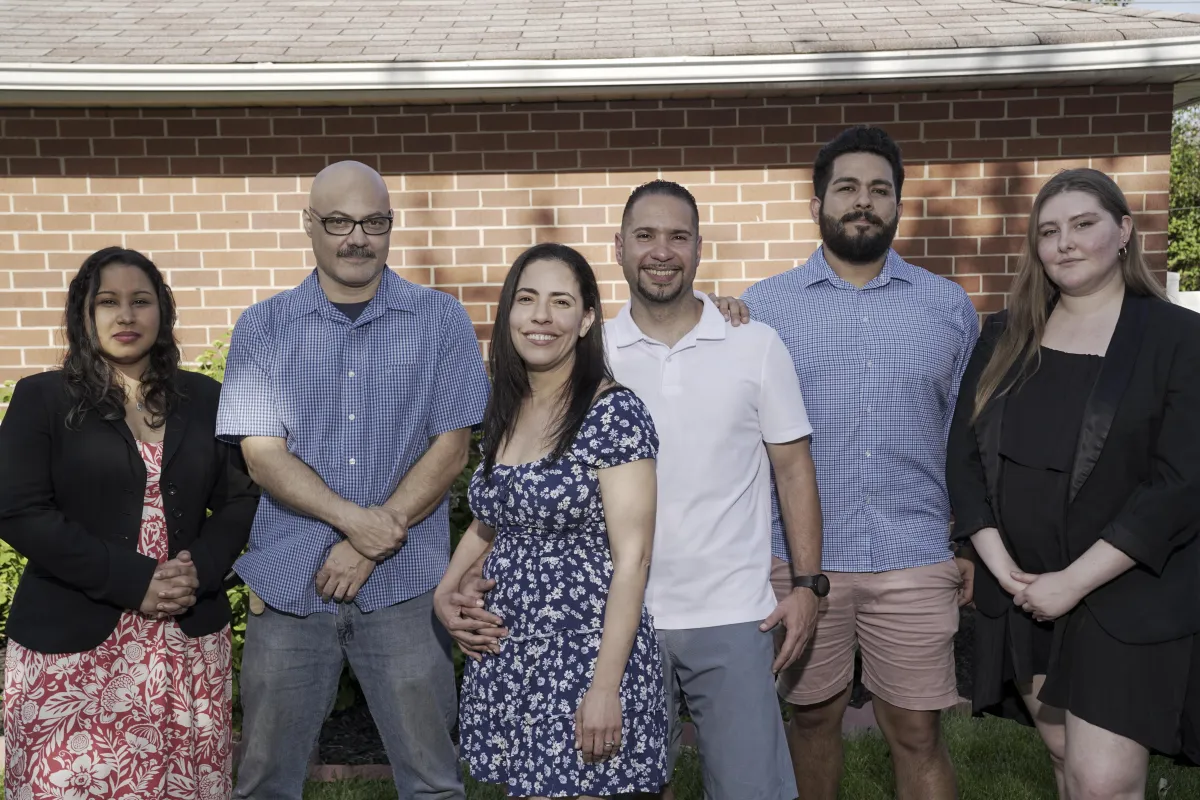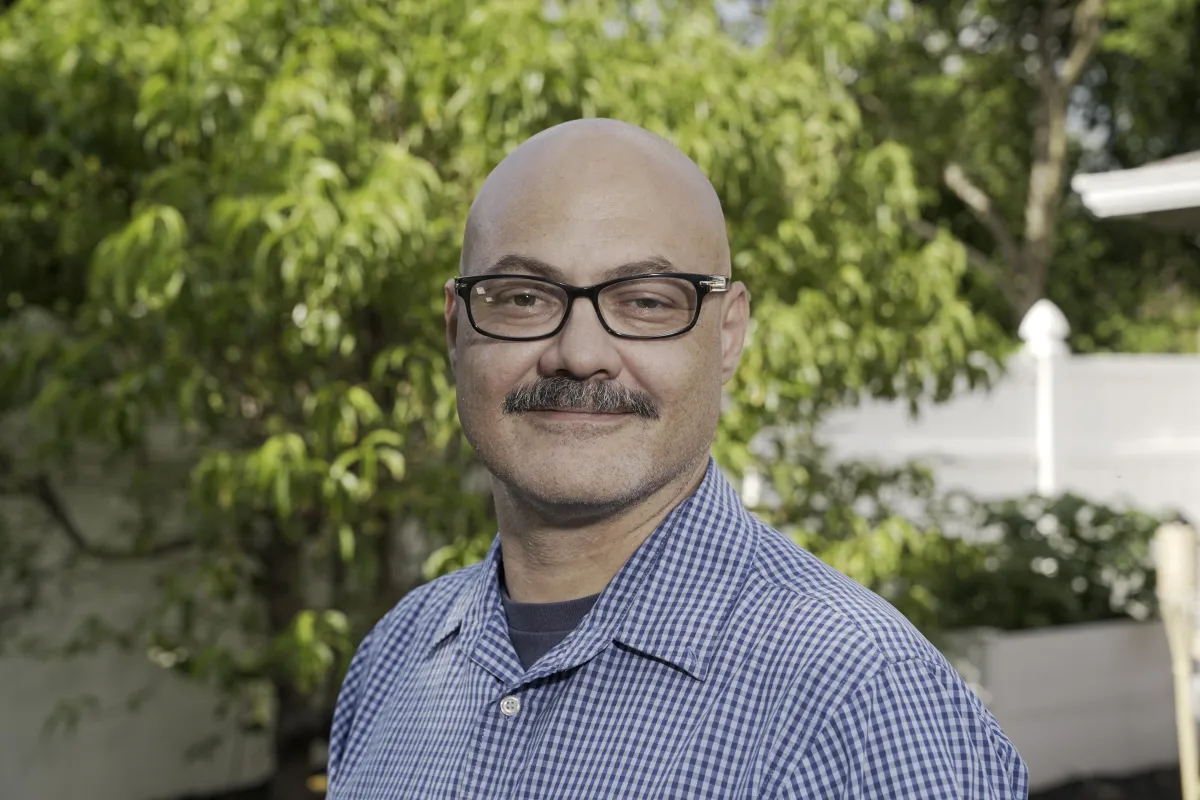

Discover Financial Relief Following a Foreclosure
We can assist you in recovering any excess funds remaining after a foreclosure or tax sale.
Do You Know Your Rights?
Excess Proceeds can arise after a sheriff's sale when the sale price exceeds the amount owed on the property. These leftover funds are called "surplus proceeds" and can be rightfully yours, the former homeowner.
Project Rightful Owner is a legal program that helps homeowners navigate claiming these surplus funds. However, eligibility can be complex.
Our Expertise Can Help: We can assist you in determining your eligibility for surplus proceeds after foreclosure and guide you through the claim process.
We Focus on Foreclosure Refunds
Surplus Refund is here to assist you with your claims.
The difficulties of foreclosure shouldn't prevent you from receiving the financial compensation that’s rightfully yours. Recent statistics reveal that billions of dollars in estate sales, excess home loan repayments, and foreclosures are available for claims under government regulations.
We want to reassure you that you can reclaim the foreclosure refunds you deserve. Our team is dedicated to helping clients file valid claims, making it easier for you to access your outstanding funds. With our specialized experience, we offer clear communication and detailed transactions to advocate for your interests with the professionalism you deserve.
OUR SERVICES
We Also Offer

State Unclaimed Funds
There's a good chance that your state is holding onto money or assets that belong to you—and they want you to claim it. According to the National Association of Unclaimed Property Administrators, about 1 in 7 people—33 million individuals in total—have an estimated $70 billion in unclaimed property held by state treasurers.
When does property become "unclaimed"?
After a designated period of time (called the dormancy period) with no activity or contact, the property becomes “unclaimed” and—by law—must be turned over to the state.
These unclaimed assets can include uncashed paychecks, rebate checks, inactive brokerage accounts, and unpaid life insurance benefits. Some of these assets are substantial, reaching six or seven figures, while others are smaller amounts, sometimes just a few cents..

Unclaimed Bankruptcy Money
Estimates suggest there's over $200 million in unclaimed bankruptcy funds nationwide. Do you have money waiting for you from a past bankruptcy case?
Unclaimed bankruptcy funds are payments paid by the Bankruptcy Trustee to the Bankruptcy Clerk intended for creditors in a bankruptcy case that haven't been delivered.
This can happen for reasons like:
Undelivered checks due to address changes for the recipient.
Uncashed distribution checks, Death of intended recipient.
Unclaimed funds may be claimed at any time by an owner, successor, or other claimant who proves a right to the funds.

Federal Bankruptcy
If you’re facing overwhelming debt, federal bankruptcy might provide a viable path to relief and a fresh start. According to the U.S. Courts, millions of Americans file for bankruptcy each year, seeking to discharge or reorganize their debts in a structured legal process.
When is bankruptcy necessary?
Bankruptcy typically becomes an option when an individual or business can no longer meet their financial obligations, whether due to job loss, medical expenses, or other unforeseen circumstances. There are different types of bankruptcy, such as Chapter 7, which liquidates assets to pay off debts, and Chapter 13, which allows for a repayment plan over three to five years.
Each type offers distinct benefits and challenges, but both can provide a pathway to financial recovery and a chance to rebuild your credit.

Mortgage Foreclose
If you’re struggling to keep up with mortgage payments, it’s crucial to understand the potential consequences of foreclosure. Foreclosure occurs when a lender takes legal action to reclaim a property after the borrower defaults on their mortgage obligations. According to recent statistics, millions of homeowners face the risk of foreclosure each year, with thousands losing their homes in the process.
When does foreclosure begin?
Foreclosure typically starts after a borrower has missed several consecutive payments, leading the lender to initiate proceedings to recover their investment. This can result in the property being sold at auction, often at a fraction of its market value, leaving the homeowner with significant financial loss and a damaged credit score.
Understanding the timeline and options for preventing foreclosure can be critical for those in financial distress.
Testimonials
Surplus Refund helped me understand the entire claims process and provided consistent communication every step of the way. I will certainly recommend them!
CHRISTINE WALKER
If you need a foreclosure claims service you can trust, Surplus Refund is the company you should do business with. They are true professionals who are honest in their approach and exceeded my expectations
DRAZANA BUCKLEY
Surplus Refund Team

Our Team
Our mediators and arbitrators are not just experts in their respective fields; they are compassionate listeners, skilled communicators, and adept problem solvers. They understand that every dispute is unique.
Contact Us:
Monday-Friday 9AM-9PM Saturday 9AM-2PM








Facebook
Instagram
X
LinkedIn
WhatsApp